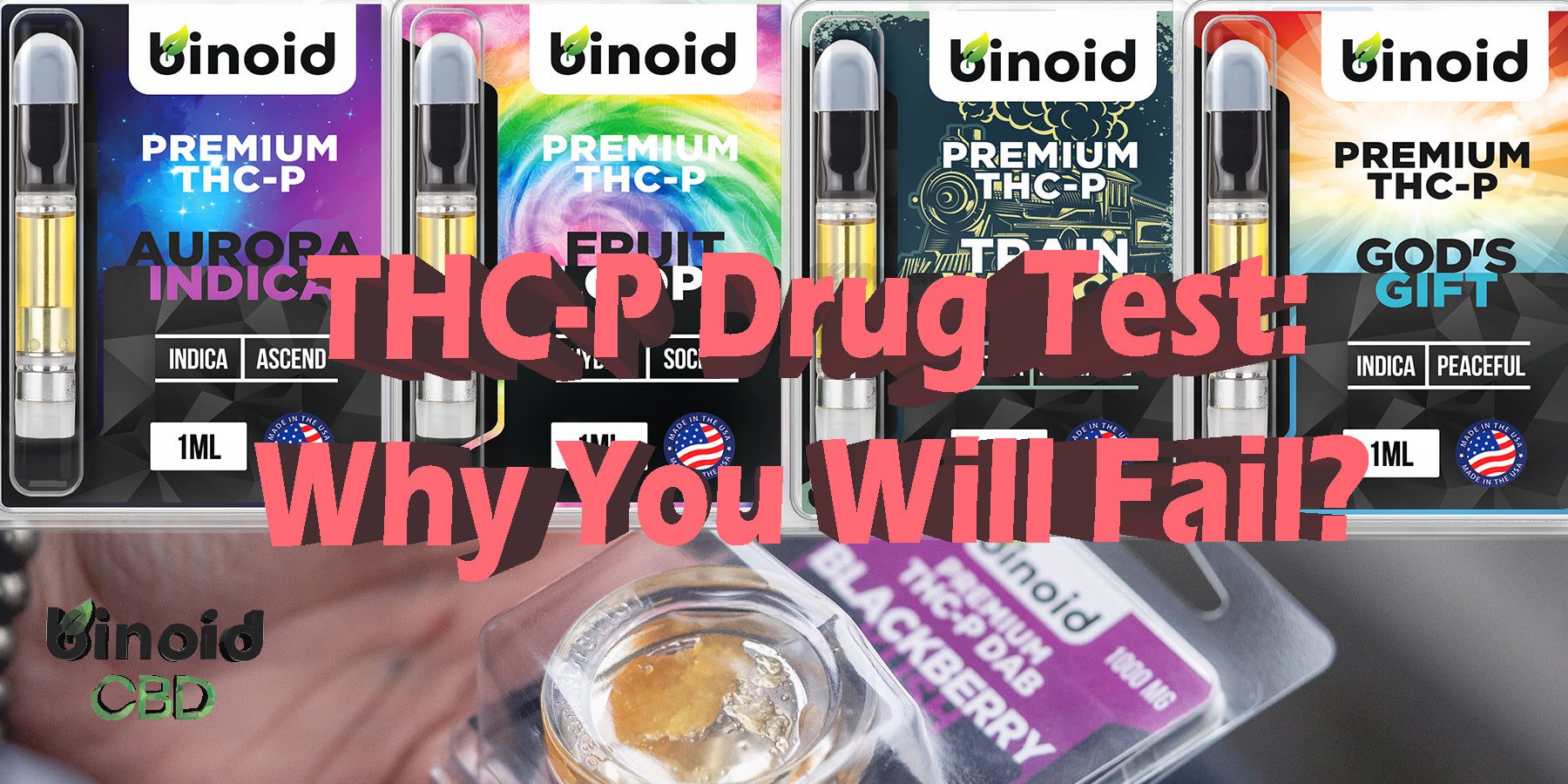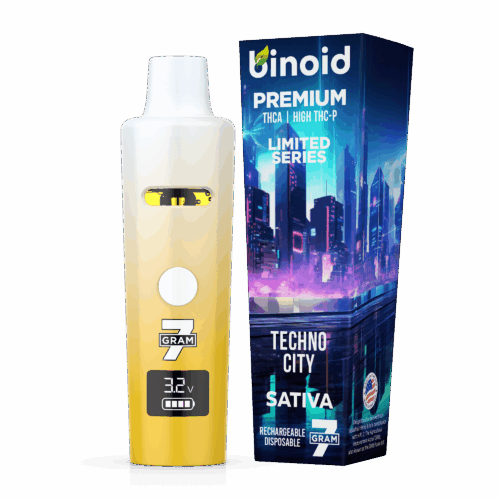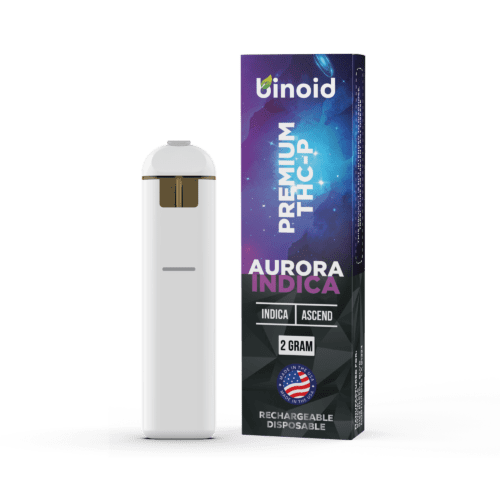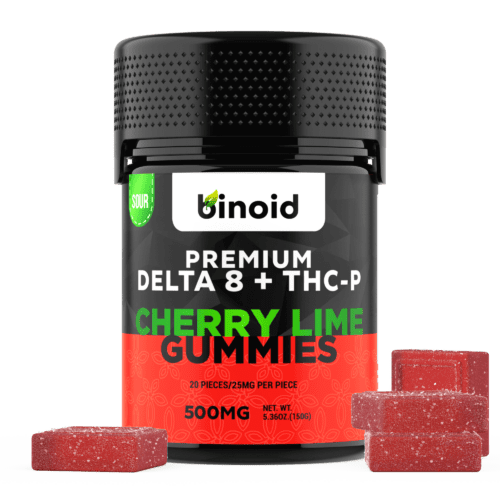As an influx of new cannabinoids make their way onto the market, hemp enthusiasts are starting to really incorporate a diverse array of hemp derivatives into their routines. This is an exciting time during which we now have better understanding of the hemp plant than ever before, and the way in which each cannabinoid interacts with the human body such as delta 8, delta 10, and THC-P.
One of the newest cannabinoids available to consumers is tetrahydrocannabiphorol (THC-P) and THC-P products. THC-P was discovered by accident back in late 2019. So, given how new it is to our awareness, there aren’t that many studies about it, but the ones that have been performed are quite astounding.
Tetrahydrocannabiphorol is now relatively accessible to those who want to try it, primarily in the form of vapes. While its properties make it particularly appealing, it’s important to first be aware of the risk that THC-P usage has when it comes to drug-testing.
To buy THC-P Products Click Here
What Is THC-P?
THC-P is short for tetrahydrocannabiphorol. The most notable characteristic of THC-P is, to nobody’s surprise, its psychoactive activity, as this is always the aspect of a THC cannabinoid that gets the most interest. So, what is the psychoactive nature of THC-P and THC-P Products? Well, researchers found that it’s 30x more efficient when it comes to binding to CB1 receptors than delta-9-tetrahydrocannabinol (delta 9 THC).
Can THC-P Fail A Drug Test
Right now, tetrahydrocannabiphorol is so new to the market that we don’t have any evidence that its usage will cause the body to produce THC-COOH. Further, not enough people who have tried the cannabinoid have shared anecdotal stories about failing a drug test as a result.
However, given what we know about THC-P and its relationship to delta 9 THC, it is very likely that THC-P products usage will cause a person to fail a drug test. The chemical structures of the two cannabinoids are similar enough that it’s almost certain that using THC-P results in THC-COOH production in the body.
Also, tetrahydrocannabiphorol, as we said, binds itself to CB1 receptors more effectively than delta 9, which means that THC-COOH levels in the body could be even higher than they would be if the person had consumed the same amount of delta 9. Therefore, if you are tested regularly, you should consider avoiding THC-P.
Note: Even if you attempted to avoid any cannabis use for about 3-4 weeks, there is a chance of still failing a random drug test carried out for purposes such as probation, roadside checks, and even possible employment. Weed detox, use of zinc supplements, dilute your urine, and drinking cranberry juice are among other things some people have tried in order to eliminate the THC-COOH in their body at a faster rate. However, none of these methods has proven to be very effective.
How are Delta 9 THC and THC-P Different?
Tetrahydrocannabiphorol was only discovered very recently, which is why you may have never even heard of it until now. It’s a minor cannabinoid in the hemp plant, present in only trace levels, much like delta 9 THC. What we do know so far about THC-P is that it’s likely that it’s far more psychoactive than delta 9, due to how it works with the endocannabinoid system when absorbed into the body. THC-P seems to bind to CB1 receptors in the brain at a rate of 30x that of delta 9, and these receptors are responsible for the psychoactive properties of cannabinoids.
Aside from that, tetrahydrocannabiphorol (THC-P) seems to share many properties in common with delta 9 THC when it comes to appetite, mood and nausea. More studies are obviously necessary before we can really establish a firm grasp of its many unique effects.
Factors that May Trigger A Positive THC-P Drug Test
So, let’s say you’ve already taken THCP and you just found out you have a drug test coming up. Well, good news is that there are some factors that influence how likely you are to fail your test, so you may get lucky depending on how you take your THC-P.
#1: Last Time You Took THC-P
Of course, when you last used THCP products will play a role. The longer it has been since you used THC-P or how long ago it was that you used it, the less chance there is that there are THC metabolites in your system. And therefore the lower chance of triggering a test.
For example, If it has been over a few weeks since you last took THC-P, there is a good chance that you will not fail your test. By this point, it is very likely that there are no more traces of THC-COOH in your system, as the compound has fully metabolized and left the body.
-
Product on sale
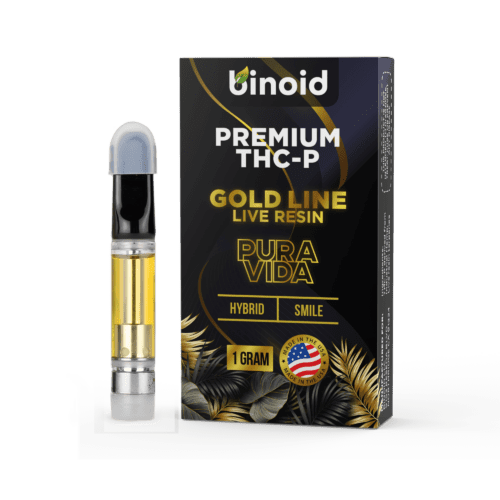 THC-P Live Resin Vape Cartridge – Pura Vida$31.99
THC-P Live Resin Vape Cartridge – Pura Vida$31.99$69.99 -
Product on sale
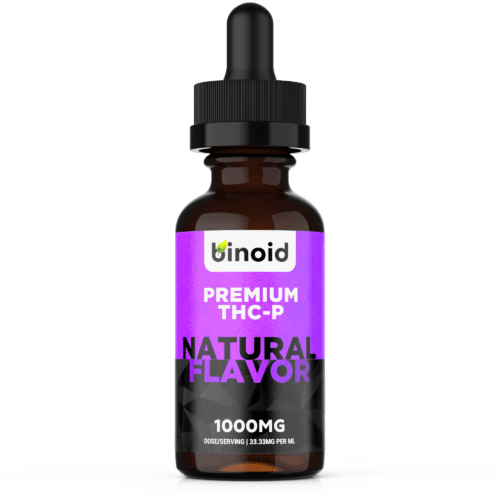 THC-P Tincture – 1000mg$30.99
THC-P Tincture – 1000mg$30.99$79.99 -
Product on sale
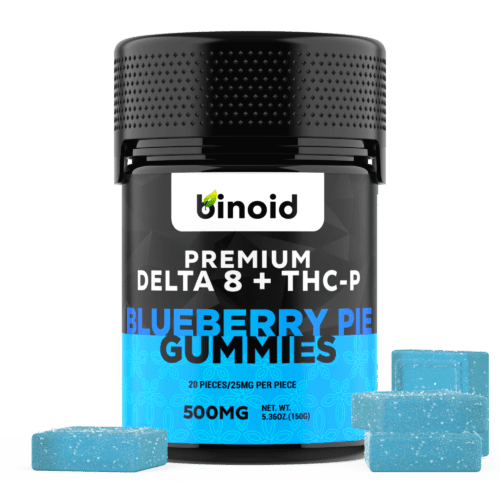 THC-P Gummies – Blueberry Pie$28.99
THC-P Gummies – Blueberry Pie$28.99$59.99
#2: How Often You Take THCP
The more frequently you take THC-P products, the more likely you are to fail a test. Daily use leading up to the test will likely cause you to fail, but if you’ve only taken it, say, twice in the last month, your chances are much better.
Like all THC’s, the more you take the longer period of time it will take for the metabolites to clear out of your body. THCP likely follows this same trend. That means that if you use THC-P heavily, you will need a couple of weeks to safely become clean for a test.
#3: Type of THC-P Product
The delivery method plays a larger role than you may think. Typically, delivery methods that produce longer-lasting effects stay in the body longer. For instance, vaping THC-P allows the cannabinoid to leave the body at an accelerated rate than consuming it as an edible like THC-P Gummies, a THC-P capsule, or even in a THC-P tincture form.
#4: How Your Body Metabolizes THC-P
Our bodies are unique, and some of us just seem to metabolize THCP more quickly than others due to individual metabolic processes. Some people basically luck out despite having taken THC-P recently, while others may have levels of THC-COOH in the system longer than the norm.
Your metabolism plays a larger role than you think in the time it takes for you to become clear for a drug test. There’s no way to know exactly how efficiently your body breaks down THC compared to someone else. However, it is a safe to say that you cannot rely on a fast metabolism to get the THC-P out of your body in a short manner. It is still very risky.
#5: The Milligram Strength Dosage You Take Of The THC-P
Naturally, the higher the milligram strength and dosage of THC-P being consumed, the longer it will take to leave your body, as higher strengths mean more time needed to fully metabolize.
This is because the milligram strength of the THCP product you use determines how much detectable THC may be in your system at the time of a test. A dose of a 5000mg tincture will take longer to get rid of than a 1000mg THC-P Tincture. This means, it might be a bad idea to have a good dose of a 5000mg tincture a few days before a drug test. But a CBD oil has a chance to pass. Due to low THC amounts.
How To Buy THC-P Products: Vape Cartridges, Tinctures
You can find THC-P products such as vape cartridges and more on Binoid CBD website here! Or you can search “THC-P” at the top header of their website. Binoid carries THC-P vape cartridges such as Aurora Indica, God’s Gift, Fruit Loops, Trainwreck, Amnesia Haze, Thai Chi options and more. All sativa, indica or hybrid options. You can choose your regular THC favorites with our THC-P vape cartridges.
You can also buy THC-P vapes, THC-P wax dabs, THC-P disposables, or even in a THC-P tincture form.
-
Product on sale
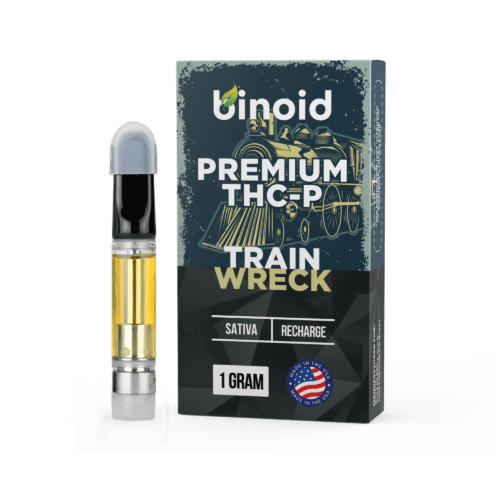 THC-P Vape Cartridge – Trainwreck$30.99
THC-P Vape Cartridge – Trainwreck$30.99$59.99 -
Product on sale
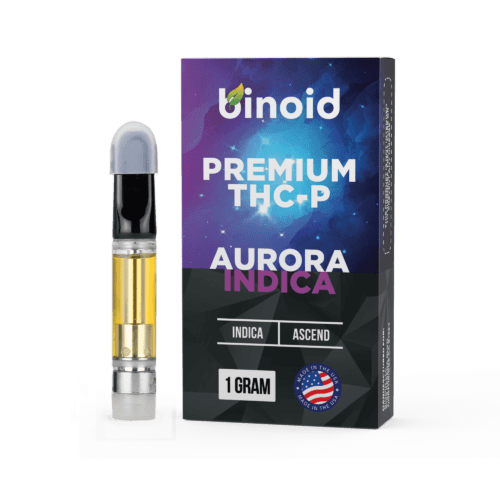 THC-P Vape Cartridge$29.99
THC-P Vape Cartridge$29.99$59.99 -
Product on sale
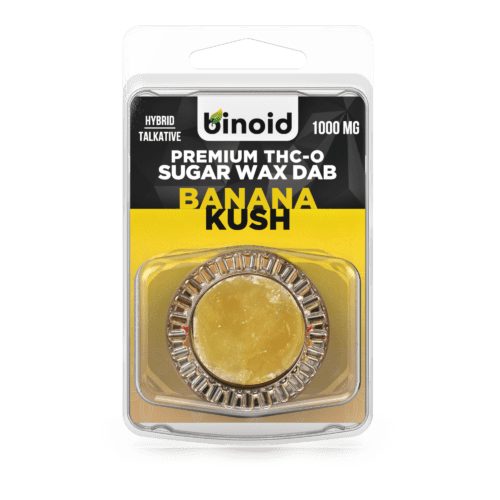 THC-P Wax Dabs$29.99
THC-P Wax Dabs$29.99$57.99
How THC Gets Tested
Nowadays, the standard method for testing tetrahydrocannabinol (THC) usage in a person’s body is a urine test. A urine test, however, is not actually looking for the THC compound. Instead, it’s looking for a metabolite that the body produces to break down THC, which is called THC-COOH.
THC-COOH can remain traceable in a person’s urine for quite a long time due to the fact that it’s fat-soluble rather than water-soluble, which requires extra time before it has been fully processed by metabolization. The reason why this is important is because it suggests that any compound that causes the body to produce THC-COOH could lead to a positive test – not just delta 9 THC.
What Should You Know About THC-P Before Getting Tested?
Ultimately, we do not recommend taking THC-P products if you are going to be tested in the near future. But, if you have already taken it and have a test coming up, there are some things to know that can determine the outcome of your test.
One is that as is the case with delta 9, how much THC-P you have consumed makes a difference. If you’ve used it only once or twice, in low amounts, you may be “clean” in up to 5 days. If you are a heavy user who consumes a good amount daily, you may need up to a whole month before THC-COOH leaves the body.
Another thing to be aware of is that THC-P is likely not the only cannabinoid that can cause a failed drug test. Any cannabinoid with “THC” in the name likely triggers the same response, and that includes delta 8 THC, delta 10 THC, and THC-P. So, if you’re taking one of these cannabinoids along with THC-P, you could be more likely to fail a test.
The Final Verdict
Tetrahydrocannabiphorol very likely causes a person to produce enough THC-COOH in the body for them to fail a drug test. What this means is that we do not recommend that you take any chances, and simply avoid THC-P products until after you’ve been tested.
While THC-P is federally legal, no testing will be able to differentiate between it and delta 9 THC. Basically, frequent cannabis users might want to avoid it for an average of 4-6 weeks before carrying. Even if you only indulge occasionally, you might just need a week before it is completely out of your system.
Buy THC-P Products Click Here
-
Product on sale
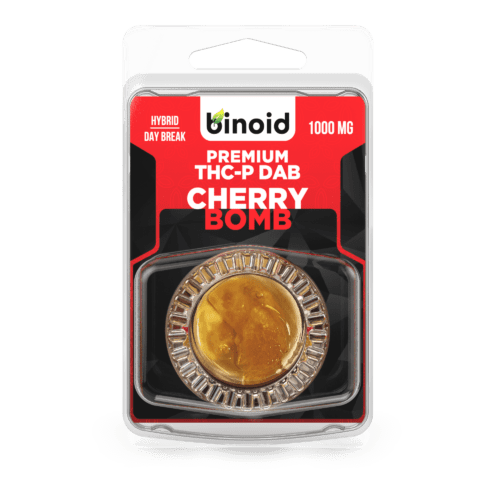 THC-P Wax Dabs$29.99
THC-P Wax Dabs$29.99$57.99 -
Product on sale
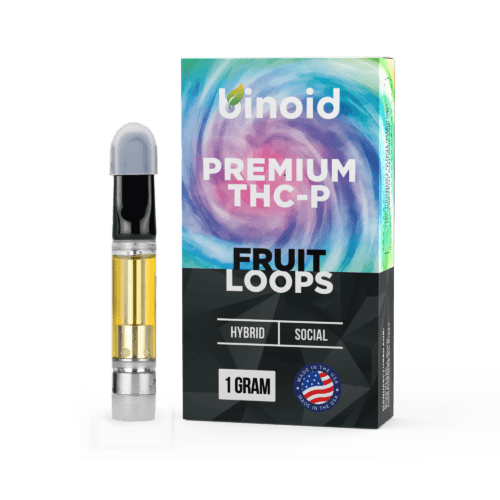 THC-P Vape Cartridge – Fruit Loops$30.99
THC-P Vape Cartridge – Fruit Loops$30.99$59.99 -
Product on sale
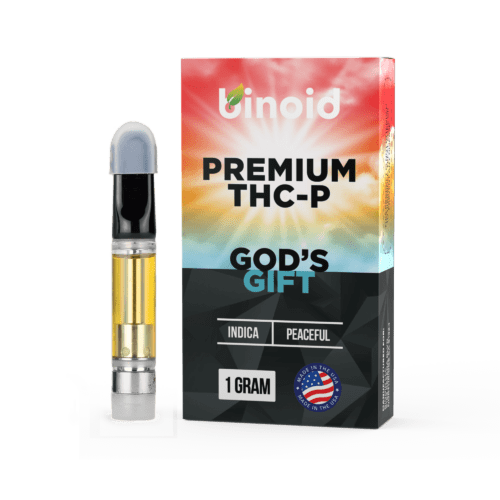 THC-P Vape Cartridge – God’s Gift$30.99
THC-P Vape Cartridge – God’s Gift$30.99$59.99

